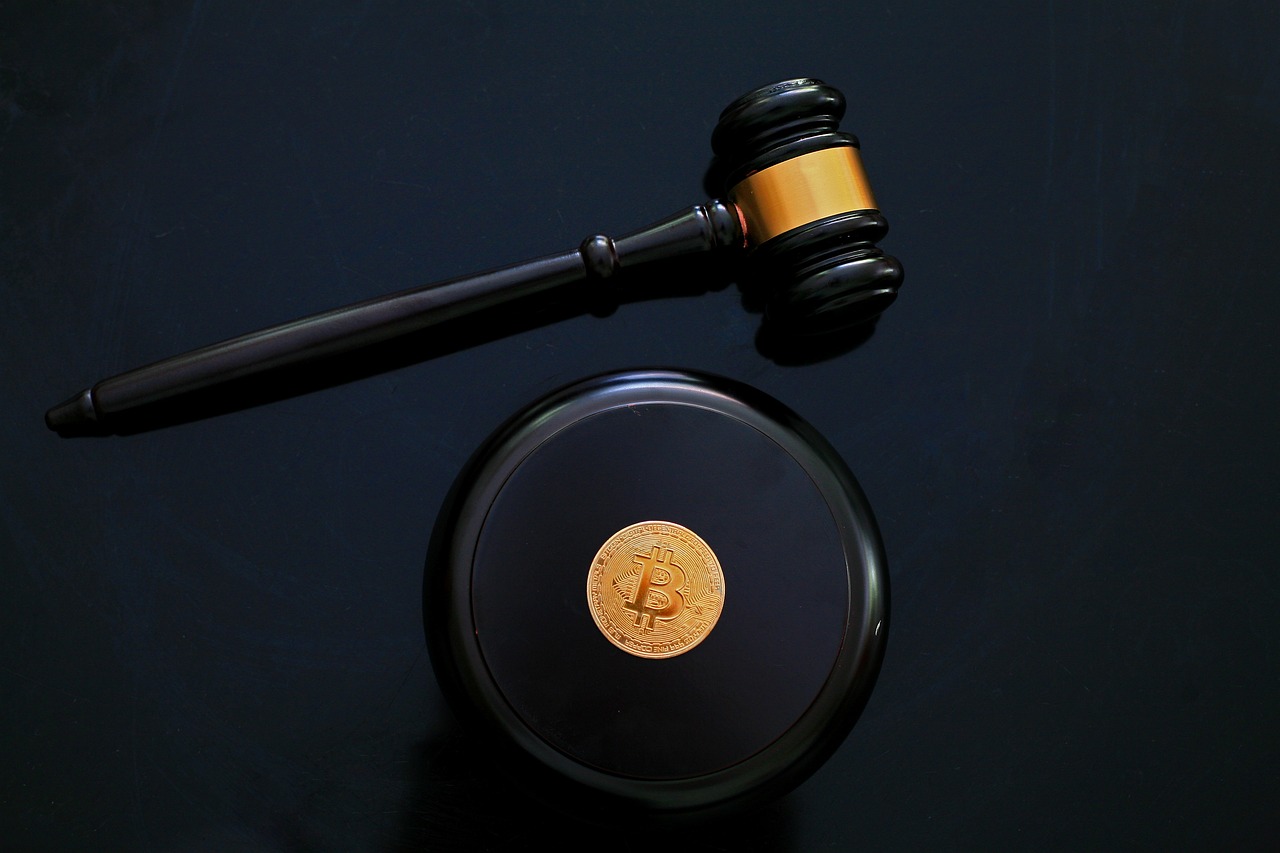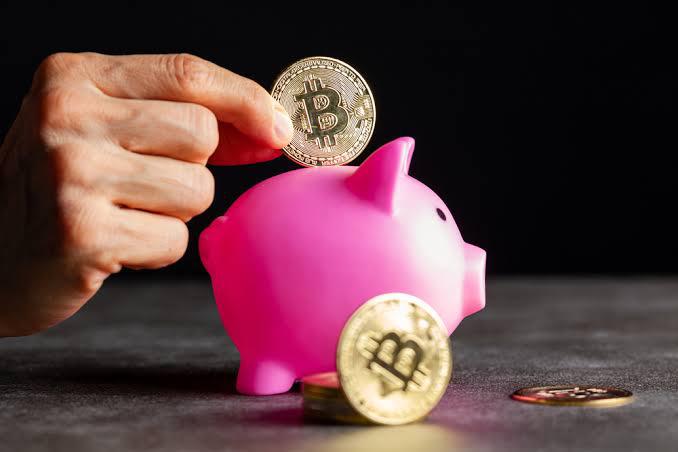The Central Bank of Nigeria repealed the crypto prohibition in January 2024, enabling cryptocurrency clients to trade lawfully. However, the CBN recently made a change by announcing new restrictions for popular online bitcoin trading platforms. These rules regulate the number of individuals who explore cryptocurrency exchanges. Actually, their plan na make people stop to dey save in dollar or any other digital coin due to pressure because if that panic-buying trend continue, naira go lose value completely. Keep reading to discover why top cryptocurrency exchanges have been inaccessible and the repercussions on the Nigerian economy.
Crypto Exchanges
Amidst the chaos of the naira's downward spiral, Nigeria has decided to stir things up by cutting off access to popular cryptocurrency exchanges like Binance. This decision is about keeping the naira in check and stopping all that currency speculation. Normally, people dey always use cryptocurrency exchanges to confirm unofficial price levels for the naira and the habit don dey set standard for currency exchange rates.
The public's response to this act has been quite tumultuous, with some serious side-eye coming from the blockchain and digital currency communities. Some individuals are throwing shade at the central bank's decision, claiming it might cause more damage than good and could be playing into the hands of certain Bureaux de Change players.
They also pointed out that the ban is missing out on all the exciting benefits of cryptocurrency. These include financial stability, helping those without banks, and creating wealth. Besides, Nigeria is totally rocking the global crypto scene! However, the central bank declared they didn't ban bitcoin trading. That mean say people still dey engage in crypto trading but the process dey hard. Them dey try make telecommunications providers block connections to crypto platforms.
Peer-to-Peer Trading
Trading cryptocurrency in Nigeria is like trying to dance with a strict chaperone - challenging but still happening. Nigerians are hopping on the cryptocurrency train to protect themselves from the depreciation of the naira. Cryptocurrencies, particularly those tied to the US dollar, like Tether or USDT, are considered a fancy way to stash money. Thanks to the Central Bank of Nigeria's rules on cryptocurrency transactions in financial institutions, people are now exploring digital currencies to avoid the restrictions set by conventional banks.
Nigerians have turned to P2P trading systems, which enable users to transact in cryptocurrency directly with others in massive numbers. Abi who get time to dey use centralized exchanges when person fit trade in a decentralized way with P2P? Luckily, Cordial Exchange provides a platform for people to participate in cryptocurrency trading, which contributes to the recognition of peer-to-peer trading sites in Nigeria. It is a website that allows people to buy and sell digital assets like iTunes gift cards, Bitcoin, and more. As government dey design their plans, you sef fit dey engage in your crypto deals lowkey.
Conclusion
The government has decided to limit access to significant cryptocurrency exchanges to maintain the national currency and regulate the economic effects of digital currency trading. Although these steps aim to safeguard the economy, they highlight the difficulties of overseeing digital currencies in a dynamic financial environment. No one seems to be paying attention to or debating the potential economic effects of bitcoin trading as Nigeria negotiates these regulatory issues.
Nigeria is taking legislative steps to stabilize the naira and limit the economic effect of cryptocurrency trading. These regulations seek to safeguard the economy while tackling the challenges of regulating virtual currencies in a dynamic financial world. This essay will thoroughly review these developments, emphasizing their influence on bitcoin trading and their larger economic ramifications.







